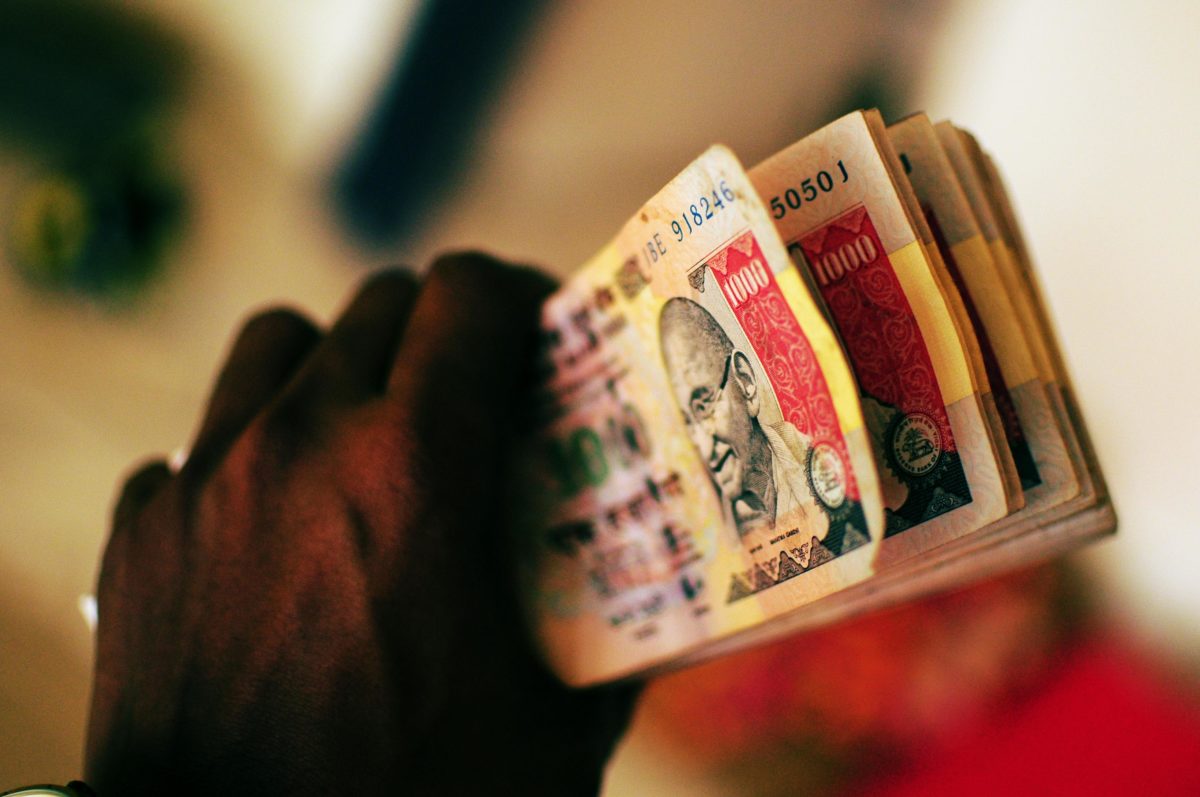In a fillip to the solar industry, the Central Electricity Regulatory Commission (CERC) has issued an order to compensate developers with an upfront, one-off, lump sum payment as compensation for the increase in their capital expenditure after the application of Goods & Services Tax (GST) to PV projects since July 2017.
CERC was responding to a petition filed by Azure Power and ACME.
According to the commission, any change in domestic duties, levies, cess or taxes imposed by the federal or state governments, union territories or government instrument after the award of bids, may be treated as a ‘change in law’.
Compensation for increased input costs due to GST needs to be claimed from state or central electricity regulatory commissions, as appropriate. Claims should be paid within 60 days or will attract a late payment surcharge, as provided for by the relevant PPA, the CERC ruling added.
GST factored in to future projects
The commission has also mandated government agencies to make adjustments in the quoted tariff due to any additional operating and recurring expenditure developers incur for the term of the project because of GST application.
For future bids, developers can add GST as a portion of their cost structure while quoting. The tax laws will be applicable in all cases except in the case of a generating company where the date of commissioning was before July 1, 2017.
The GST rate on solar power generating systems and the raw materials used in them, including modules, has been notified at 5% of the value of goods. Other items – such as inverters, cement and cables – fall into the 18% GST bracket. Services such as works contracts and technology will also attract the higher rate.
This content is protected by copyright and may not be reused. If you want to cooperate with us and would like to reuse some of our content, please contact: editors@pv-magazine.com.








By submitting this form you agree to pv magazine using your data for the purposes of publishing your comment.
Your personal data will only be disclosed or otherwise transmitted to third parties for the purposes of spam filtering or if this is necessary for technical maintenance of the website. Any other transfer to third parties will not take place unless this is justified on the basis of applicable data protection regulations or if pv magazine is legally obliged to do so.
You may revoke this consent at any time with effect for the future, in which case your personal data will be deleted immediately. Otherwise, your data will be deleted if pv magazine has processed your request or the purpose of data storage is fulfilled.
Further information on data privacy can be found in our Data Protection Policy.